Understanding Feline Kidney Disease: Key Insights for Cat Owners
What is Kidney Disease in Cats?
Chronic Kidney Disease (CKD) is a common condition in older cats, occurring as their kidneys gradually lose function. The kidneys perform essential roles such as filtering waste from the blood, regulating blood pressure, and balancing fluids and electrolytes. As kidney function declines, waste products accumulate, leading to various health complications.
CKD is progressive, making early detection and intervention vital for maintaining your cat’s quality of life. For comprehensive information, visit the Cornell Feline Health Center.
Early Signs of Kidney Disease in Cats
Recognizing CKD early greatly improves your cat’s prognosis. Key signs include:
- Increased thirst and urination: Kidneys lose their ability to concentrate urine, causing frequent urination and dehydration.
- Weight loss: Subtle but steady loss of body condition.
- Lethargy: Reduced activity levels and increased sleeping.
- Decreased appetite: Toxins from kidney dysfunction can cause nausea.
- Vomiting and bad breath: A noticeable ammonia-like smell due to waste accumulation.
If your cat exhibits these symptoms, schedule a veterinary check-up promptly.
Diagnosing Kidney Disease in Cats
At Iris Veterinary Care, we utilize advanced diagnostic methods to evaluate kidney function:
- Blood Tests: Elevated creatinine and blood urea nitrogen (BUN) indicate kidney dysfunction.
- SDMA Testing: Detects kidney disease earlier than traditional blood tests.
- Urinalysis: Evaluates urine concentration and identifies infections or protein loss.
- Ultrasound or X-rays: Imaging techniques assess kidney size, shape, and abnormalities.
Routine veterinary visits are essential for early detection. For more on preventive care, see Preventive Testing for Senior Pets.
Long-Term Management of Feline Kidney Disease
Dietary Adjustments
Dietary modifications can significantly slow CKD progression:
- Low phosphorus: Reduces kidney stress.
- High-quality protein in moderation: Limits waste accumulation and preserves muscle mass.
- Omega-3 fatty acids: Reduces inflammation within kidneys.
- Increased moisture: Encourages hydration via wet diets.
Fluid Therapy
Regular subcutaneous fluids can help maintain hydration, crucial in CKD management.
Medications and Supplements
- Antihypertensive medications: Control blood pressure linked to CKD.
- Phosphate binders: Reduce phosphorus absorption.
- Appetite stimulants and anti-nausea drugs: Maintain nutritional status.
For an extensive guide, visit MSU Veterinary Diagnostic Laboratory.
Enhancing Quality of Life for Cats with CKD
Daily Care Strategies
- Encourage hydration: Use fountains or add water to meals.
- Minimize stress: Provide quiet resting spaces with comfortable bedding.
- Frequent, smaller meals: Helps manage nausea and appetite loss.
Explore additional resources at Supporting Your Senior Pet: Veterinary Care Recommendations.
Routine Veterinary Care and Monitoring
Regular veterinary care is critical. Cats with CKD typically require check-ups every 3-6 months, including:
- Bloodwork for kidney function assessment.
- Blood pressure monitoring.
- Routine urinalysis.
- Regular weight checks.
Early and consistent care greatly impacts the management of CKD.
Advances in Feline Kidney Disease Treatment
Research continually introduces promising new CKD treatments, including:
- Stem Cell Therapy: Potential for kidney tissue regeneration.
- Innovative medications: Drugs like Semintra (telmisartan) manage protein loss.
- Renal Transplants: An advanced treatment option at specialized facilities.
These developments provide ongoing hope for improved CKD outcomes.
When to Contact Your Veterinarian
As CKD progresses, monitoring for worsening symptoms is vital. Immediately seek veterinary care if your cat experiences:
- Severe lethargy or weakness
- Complete loss of appetite
- Persistent vomiting or diarrhea
- Seizures or confusion
- Difficulty urinating or sudden collapse
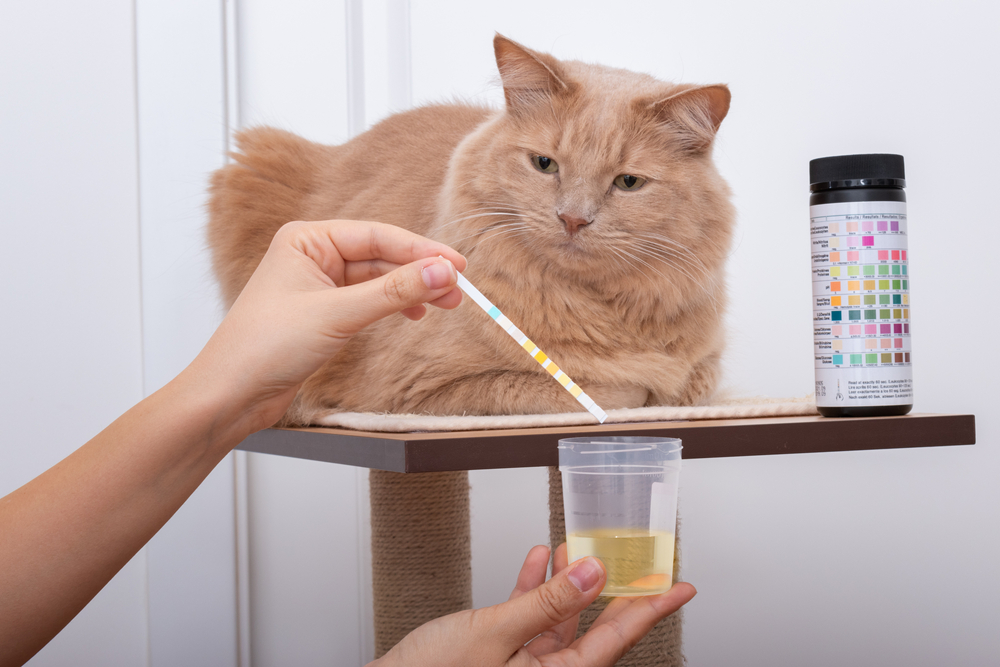
Prompt action during emergencies greatly improves outcomes.
Frequently Asked Questions (FAQs)
Can CKD be cured?
No, but effective management can significantly extend quality of life.
Is kidney disease painful for cats?
CKD itself is typically not painful, but associated symptoms like dehydration or nausea can cause discomfort, manageable through treatment.
What’s the life expectancy for cats with CKD?
Cats diagnosed early often live comfortably for several years, depending on disease progression and care.
What diet is best for cats with CKD?
Veterinarian-recommended renal diets (e.g., Hill’s k/d, Royal Canin Renal, Purina Pro Plan NF) help slow progression and maintain health.
Supporting Your Cat Through Kidney Disease
Managing CKD requires dedication but with professional guidance and attentive home care, your cat can continue to thrive. At Iris Veterinary Care, we are here to support you every step of the way.


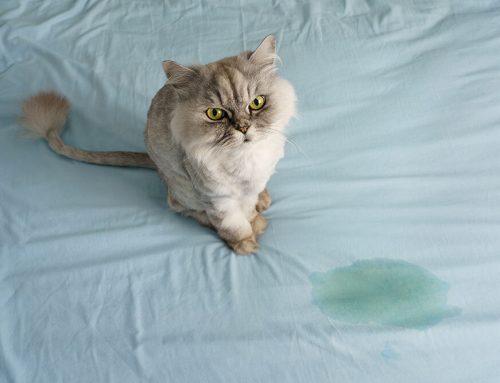
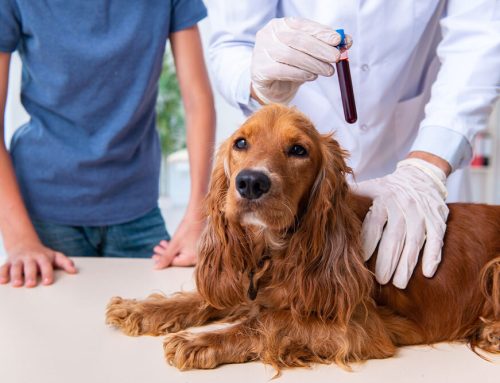
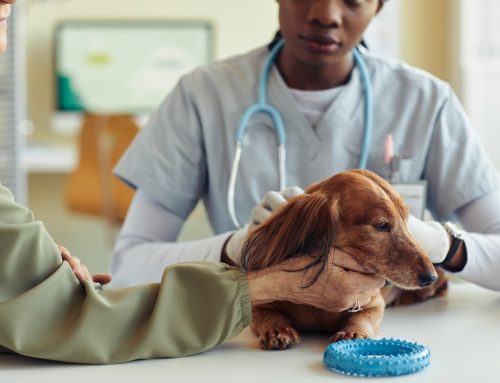

Leave A Comment